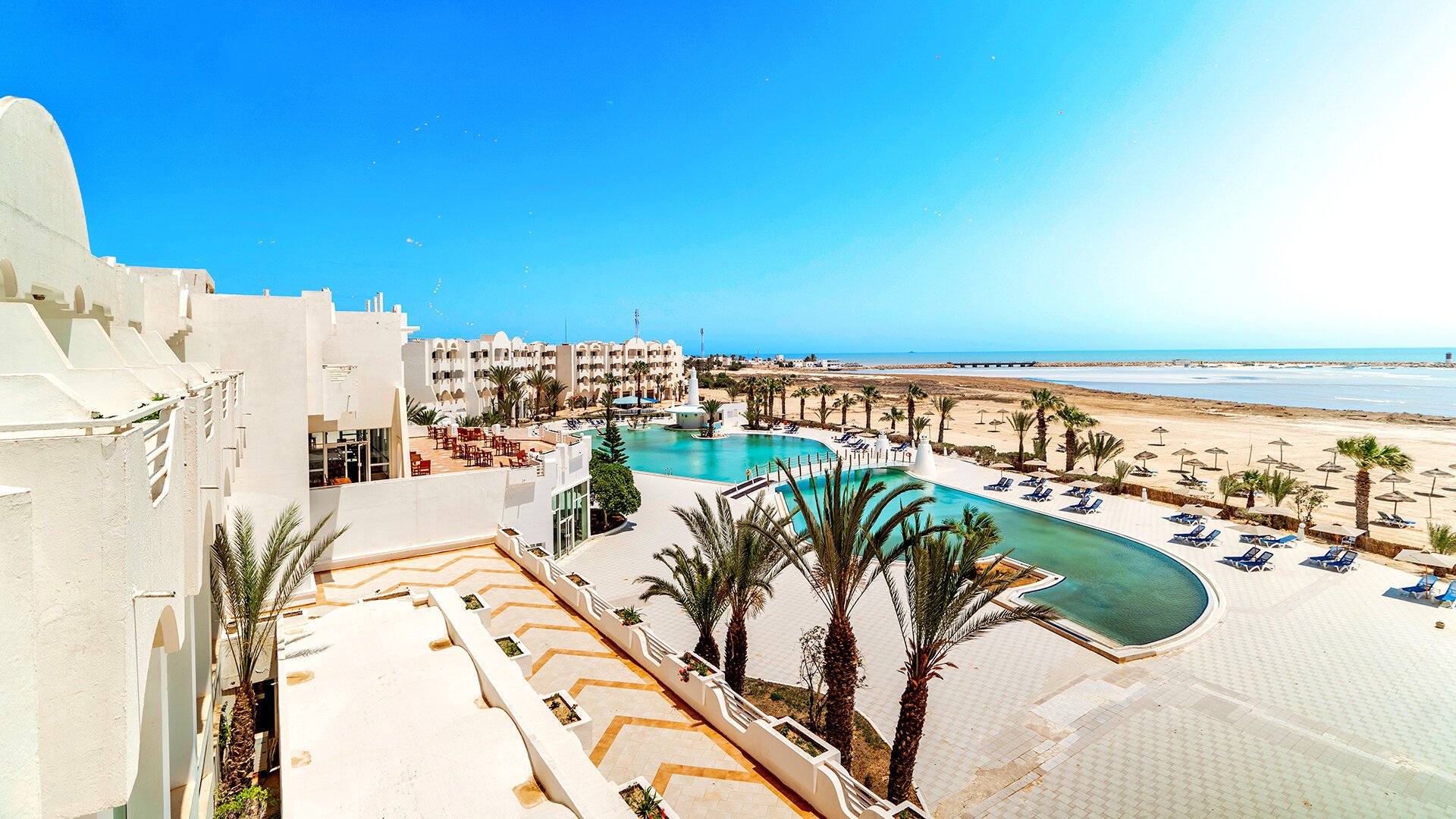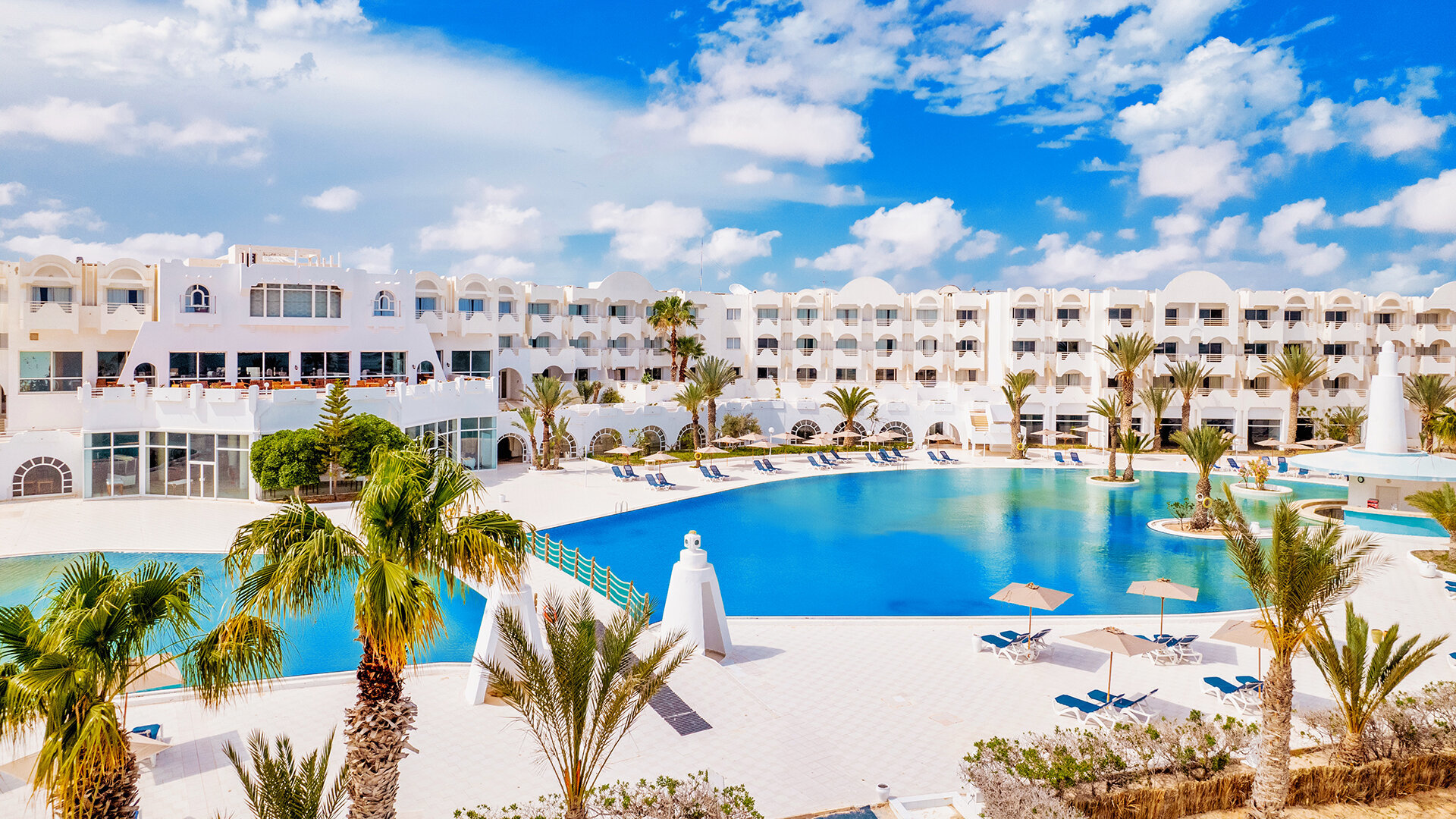What is the significance of this strategic location in the broader geopolitical context?
This location, situated at a vital juncture, serves as a crucial maritime transit point, especially given its proximity to major shipping lanes. Its strategic position facilitates trade and influences the flow of goods and people. The location's importance transcends its immediate surroundings, impacting regional and international dynamics. This location has been pivotal in various historical conflicts and agreements.
Historically, this crossroads has witnessed significant events, from ancient trade routes to modern-day geopolitical alliances. Its position has, throughout history, made it a key area of contention and cooperation. The importance of this position is reflected in military deployments, economic activities, and political negotiations. This critical location often plays a pivotal role in diplomatic solutions and defense strategies.
Let's now delve into the specific characteristics of this geographic location's role in modern trade routes. The following sections will explore its economic, political, and military dimensions.
al kantara
Understanding Al Kantara necessitates exploring its multifaceted nature, from its geographical position to its historical and contemporary significance.
- Strategic location
- Maritime transit
- Historical conflicts
- Modern military
- Trade routes
- Geopolitical alliances
Al Kantara's strategic location, facilitating maritime transit, has historically drawn conflict and cooperation. Modern military deployments and the importance of trade routes highlight its continued influence. Past historical conflicts, mirroring the area's position as a crossroads, demonstrate its enduring geopolitical significance. Alliances and trade routes shaped by this location underscore its relevance to regional and international dynamics. By examining these key aspects, a comprehensive understanding of Al Kantara's complex historical and modern role emerges.
1. Strategic Location
Al Kantara's strategic location profoundly shapes its significance. The area's geographical position at a crossroads of key maritime and land routes creates a dynamic interplay between economic, political, and military factors. This inherent strategic value has influenced events throughout history and continues to hold importance in the modern world.
- Maritime Crossroads
Al Kantara's location on key shipping lanes allows for substantial control over trade and movement of goods. This geographical position fosters both opportunities for commerce and potential for conflict. Control over these waterways can have broad impacts on regional and international economies. Examples of the significance of maritime crossroads can be found in many historical periods and locations.
- Land Route Intersections
Beyond maritime routes, the area's land routes connect vital regions, making it a crucial point for transportation of people and resources. This convergence of land routes further emphasizes the strategic importance of the area. The interplay of land and sea routes creates a complex nexus of power and influence.
- Military Significance
The strategic value of Al Kantara is evident in its military importance. Throughout history, its location has made it a focal point for military operations and installations. This military significance arises from both the potential for defense and offense. The location's ability to control or disrupt major transit routes makes it a critical military concern.
- Geopolitical Leverage
Control of Al Kantara, due to its multifaceted strategic location, offers significant geopolitical leverage. Possession or influence in the region grants substantial power over trade flows, military movements, and political maneuvering. Its position facilitates or hinders the strategic goals of various actors, shaping the dynamics of the region.
These facets of strategic location, encompassing maritime and land routes, military presence, and geopolitical leverage, highlight the enduring importance of Al Kantara. Its strategic positioning has led to its involvement in conflicts, shaped trade routes, and significantly influenced the geopolitical landscape, making the region a point of contention and cooperation for various actors throughout history.
2. Maritime transit
Maritime transit through Al Kantara is critical due to its position on vital shipping lanes. This strategic location facilitates the movement of goods and resources between various regions. Control over these waterways grants significant influence over global trade and the flow of commodities. The volume of trade traversing these routes highlights the economic importance of maintaining safe and uninterrupted transit. Examples include the movement of oil, minerals, and manufactured goods, all of which rely on secure maritime pathways.
The significance of maritime transit through Al Kantara extends beyond immediate economic concerns. Control of these key passages affects geopolitical dynamics. The ability to influence or impede maritime traffic provides leverage in regional and global conflicts. This aspect underscores the military and strategic importance of the region. Historical and contemporary examples illustrate how control over maritime transit routes has determined the course of events and shaped regional power balances. The potential for disruption or interference in these crucial waterways emphasizes the ongoing importance of secure and reliable transit.
Understanding the connection between maritime transit and Al Kantara is crucial for comprehending the intricate interplay of economic, political, and military forces in the region. This knowledge provides a foundation for analyzing the impacts of regional policies, military actions, and economic trends on global trade and geopolitical stability. The significance of maritime transit, in this context, goes beyond mere transportation; it embodies crucial power dynamics and strategic considerations.
3. Historical Conflicts
Al Kantara's strategic location, situated at a crossroads of vital maritime and land routes, has historically drawn conflict. This geographic position, a nexus for trade and movement, has also made it a site of contention throughout history. Understanding the historical conflicts associated with this area reveals patterns of power struggle, economic competition, and military strategy.
- Contested Trade Routes
Control over Al Kantara's crucial trade routes has been a primary source of conflict. Throughout history, various powers have sought to dominate these pathways, impacting the flow of goods and resources. This competition has manifested in military engagements and diplomatic maneuvering, illustrating the region's significance in shaping regional and international economies. The struggle for dominance over these vital passages often fueled conflicts between various empires and nations. Controlling trade routes, from ancient times to the modern era, has been inextricably linked to the conflicts arising in this region.
- Strategic Military Outposts
Al Kantara's position as a potential military outpost has historically been a major point of contention. The ability to control this geographical location offered valuable advantages for defense and offensive operations. Such strategic military significance, therefore, has often been a catalyst for conflicts in the area, with control of Al Kantara becoming intertwined with larger geopolitical ambitions. The potential use of the area as a staging ground for military campaigns has consistently been a factor in disputes and conflicts that have affected the region.
- Shifting Geopolitical Alliances
Al Kantara's location at the intersection of various geopolitical alliances has often led to complex and evolving conflicts. The shifting alliances and rivalries among competing powers have influenced the dynamics of conflict in the area. The area's pivotal position in these changing alliances highlights its importance as a strategic battleground, where control has been a key element in larger power struggles. Changing geopolitical circumstances have frequently shaped the nature and intensity of conflicts within the region.
The historical conflicts revolving around Al Kantara demonstrate its enduring strategic importance. The continuous struggle for control over this location underscores its central role in shaping regional and international power dynamics. Understanding these conflicts offers insight into the multifaceted reasons behind military actions, economic competition, and diplomatic maneuvering in the area throughout history. These historical trends offer lessons regarding the persistent interplay between geography, strategy, and conflict.
4. Modern Military
The modern military presence at Al Kantara reflects its continued strategic importance. Military installations and deployments in the region underscore its value as a crucial point for projecting power, securing trade routes, and responding to regional security concerns. This presence stems from the area's geographical position at a crossroads of vital maritime and land routes, offering control over access and movement. The presence of military forces, in turn, impacts the local population, economy, and broader geopolitical relations. This connection is observable in contemporary events.
Examples illustrate the practical significance of this connection. Military bases and deployments directly affect local economies, potentially fostering economic development or creating strains due to increased presence and resource demands. These installations can impact local communities through employment opportunities, infrastructure development, or displacement. The presence of military personnel and equipment can be a catalyst for regional instability or conversely, a tool for fostering security and cooperation. The presence of modern military forces shapes local politics and diplomacy, impacting agreements and alliances. The military presence also influences wider geopolitical considerations, as evidenced by regional security concerns and international responses.
The connection between modern military and Al Kantara underscores its enduring significance in contemporary geopolitical strategy. Understanding this dynamic is crucial for evaluating the complex interactions between regional security, international relations, and economic stability. Analyzing the impact of military deployments on local communities, regional dynamics, and broader international relations provides a clearer understanding of this strategic location's enduring influence in the 21st century. The implications of modern military presence are multifaceted and necessitate careful consideration of all interconnected factors.
5. Trade routes
Al Kantara's strategic location has historically and continues to be inextricably linked to vital trade routes. Its position at the crossroads of maritime and potentially land routes has made it a crucial juncture for the movement of goods, shaping economic activity and influencing global dynamics. The interplay between Al Kantara and trade routes highlights the area's enduring significance.
- Maritime Trade Flows
Al Kantara's location on key maritime trade lanes has historically facilitated the exchange of goods across vast distances. The region's proximity to major waterways made it a critical port or transit point for trade, impacting regions from the Mediterranean to the Red Sea and beyond. The volume of trade moving through this area highlights the region's importance as a vital node in these ancient and modern commerce networks. Examples of commodities traded may include spices, precious metals, and agricultural products. Control over these routes conferred significant economic and political power to controlling entities.
- Land-Based Trade Corridors
While Al Kantara's primary association is with maritime trade, the region's position at the convergence of potentially significant land routes has contributed to historical trade patterns. The region's function in connecting different land masses facilitated the exchange of goods, ideas, and cultures, particularly between various empires or regions. Examining historical texts and trade records can illuminate the extent of these land-based trade corridors. The interplay between land and sea trade routes further emphasizes Al Kantara's multifaceted importance. This could involve the movement of goods or commodities, the dissemination of information, or cultural exchanges.
- Impact on Regional Economies
Al Kantara's role as a hub for trade routes has fundamentally shaped regional economies throughout history. The flow of goods created economic opportunities, stimulated local markets, and impacted resource allocation within the region. The presence of thriving ports or trading posts in Al Kantara attracted merchants, laborers, and traders, creating centers of economic activity. The benefits or challenges posed by this trade can be explored further through historical analysis. The impact on local industries, particularly through the introduction of new goods or technologies, should be examined.
- Modern Implications
Contemporary trade patterns continue to be influenced by Al Kantara's position. The region's significance as a key location for maritime and potentially land-based routes remains relevant, albeit within a different global context. Modern logistics, shipping practices, and supply chains all bear a relationship to the historic importance of Al Kantara as a major crossroads. Examining contemporary trade flows and evaluating the modern impact of Al Kantara reveals the enduring influence of its strategic location. The relevance of this area to present-day shipping, transportation networks, and global trade relations highlights its ongoing influence.
In summary, Al Kantara's historical and ongoing connection to trade routes underscores its strategic importance. The area's position at the convergence of maritime and potentially land-based routes has shaped regional economies, facilitated cultural exchange, and influenced global dynamics. Further investigation into specific historical periods and modern-day trends can illuminate the nuanced relationship between Al Kantara and trade, underscoring its enduring importance in the flow of goods, ideas, and resources.
6. Geopolitical Alliances
Al Kantara's strategic location, at the intersection of vital maritime and potentially land routes, has historically been a focal point for geopolitical alliances. Control over this area has often been a key objective in power struggles, influencing regional and international dynamics. This connection reveals a complex interplay between geography, power, and diplomacy.
- Influence on Regional Power Dynamics
Alliances formed around Al Kantara have often aimed to secure or influence control over the region's critical trade routes and potentially strategic military outposts. These alliances, whether formal or informal, have significantly impacted the power balance in the surrounding areas. Control over the strategic position allows for projection of influence and control over access points for goods and people, thus shifting the balance of power in the region. This has been a recurring theme throughout history.
- Strategic Military Deployments
Alliances frequently involve military deployments to secure Al Kantara and safeguard the associated trade routes. These deployments have varied in scale and composition depending on the specific geopolitical context and objectives of the allied forces. Military presence at Al Kantara can serve as a deterrent to potential adversaries and a demonstration of commitment to the alliance. Examples may include naval fleets or land-based deployments to protect trade and ensure the flow of resources.
- Economic Interdependence and Agreements
Geopolitical alliances related to Al Kantara often include agreements and policies that promote economic interdependence among member states. The flow of goods and people via the region's strategic routes strengthens economic ties between allies. These alliances aim to ensure unimpeded trade, and the promotion of economic stability in the region, potentially attracting further investments and cooperation. Such economic interdependencies can significantly impact the geopolitical power balance.
- Impact on Diplomacy and Negotiation
Control over Al Kantara and the resulting geopolitical alliances significantly influence diplomatic negotiations and conflict resolution efforts in the region. The strategic importance of the area often necessitates direct negotiation or engagement among involved actors. The presence of allied forces or the creation of alliances can shape the dynamics of negotiations and influence the outcomes of disputes, or even prevent conflict.
Alliances revolving around Al Kantara highlight the multifaceted connection between geography, power, and diplomatic strategy. The area's strategic location has consistently been a factor influencing the formation and maintenance of these alliances. The ongoing interplay between military presence, economic ties, and diplomatic efforts further emphasizes the importance of Al Kantara in the geopolitical landscape.
Frequently Asked Questions about Al Kantara
This section addresses common inquiries regarding Al Kantara, aiming to provide clear and concise answers to questions about its significance, historical context, and contemporary role.
Question 1: What is the geographical significance of Al Kantara?
Al Kantara's geographical location places it at a critical juncture for maritime and potentially land routes. This strategic position has historically and continues to be a key factor in regional and international trade, military deployments, and geopolitical alliances.
Question 2: Has Al Kantara been a site of conflict throughout history?
Yes, Al Kantara's strategic location has made it a focal point for historical conflicts. Control of the area's trade routes and military outposts has been a major objective for various powers, influencing regional power dynamics and shaping the trajectory of conflicts. The area's position at the convergence of these routes has historically attracted military action and diplomatic maneuvering.
Question 3: What is the role of Al Kantara in modern military strategy?
The contemporary military presence at Al Kantara underscores its continued strategic importance. Military installations and deployments within the region highlight its value for projecting power, securing trade routes, and addressing regional security concerns. These actions significantly impact local communities, regional dynamics, and international relations.
Question 4: How does Al Kantara affect trade routes?
Al Kantara's position on key maritime and potentially land-based trade routes significantly impacts the movement of goods and resources. Control over access points in the area has influenced regional and international economies throughout history. Its position at the convergence of trade routes has been crucial for the flow of resources and goods.
Question 5: What is the relationship between Al Kantara and geopolitical alliances?
Alliances formed around Al Kantara often involve securing the region's trade routes, potential military outposts, and influencing the regional power balance. The area's strategic importance often necessitates direct negotiation or engagement among involved actors. This interplay between geography and geopolitical strategy has been a recurring element in the region's history.
In summary, Al Kantara's enduring significance stems from its strategic location at a crossroads of vital maritime and potentially land routes. This position has created a complex interplay of historical conflicts, modern military deployments, trade routes, and geopolitical alliances, influencing regional and international dynamics throughout history and continuing into the present day.
The subsequent sections will explore these various facets in more detail.
Conclusion
Al Kantara's enduring significance arises from its strategic location at a critical juncture of vital maritime and potentially land-based routes. This geographical position has historically influenced regional and international power dynamics, shaping trade routes, military deployments, and geopolitical alliances. The area's historical involvement in conflicts, along with its contemporary importance as a location for military presence and transit, demonstrates its continued impact on the geopolitical landscape. The analysis reveals a complex interplay between geography, strategy, and power, which underscores Al Kantara's multifaceted significance in shaping past and present events. Understanding this interplay is crucial for comprehending the region's evolution and its impact on global affairs.
The study of Al Kantara highlights the enduring power of geography in shaping history. The interplay of trade, military strategy, and political maneuvering at this crossroads underscores the intricate relationships between human endeavors and the physical world. Further research into specific historical periods, contemporary developments, and the evolving impact on local communities can offer deeper insights into the ongoing significance of this strategically vital location.


